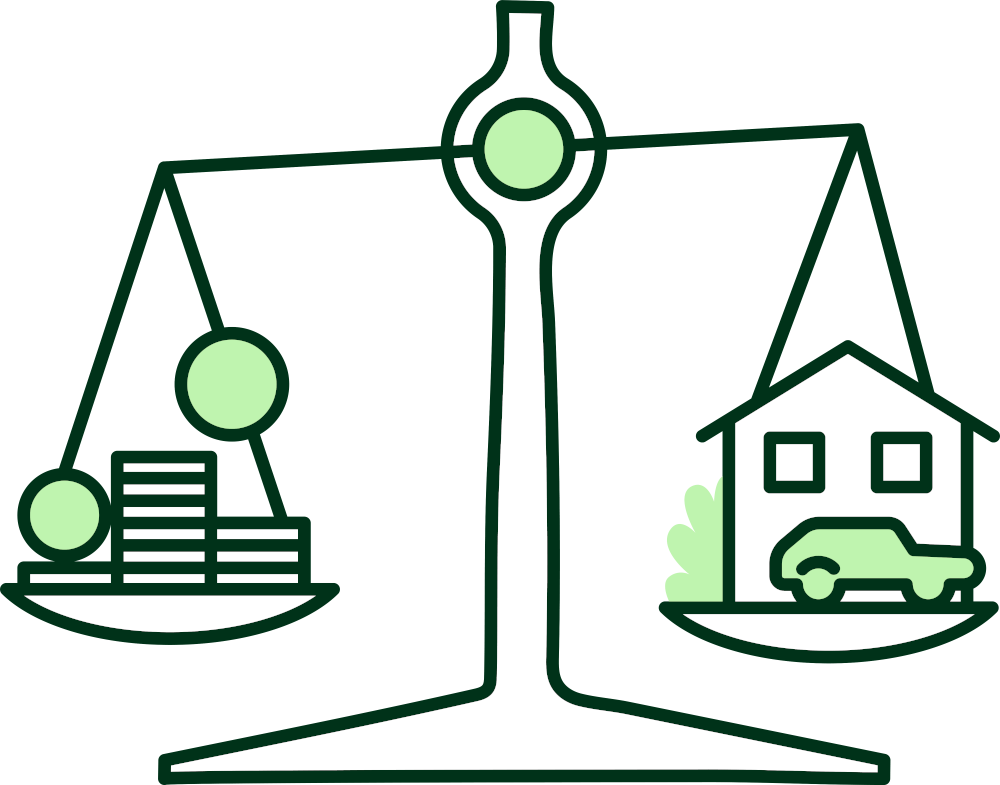What is a simple procedure?
The simple procedure is the court procedure for debts up to £5,000. Claims for child support, personal injury, defamation, and mortgage or rent repossession do not use the simple procedure.
When can I ask for time to pay?
You can only ask for time to pay if you agree with the claim being made against you. You can do this any time after the claim has been made.
There are three ways to ask, depending on how far the case has gone:
- When you respond to the claim
A time to pay application is sent with the claim.
- After you have responded to the claim
You may still be able to apply after responding to the claim.
- After a decision has been made
You can apply at any time after the sheriff has granted a decree.
When will I be refused time to pay?
You cannot get time to pay if you have previously been given it but didn’t pay.
You can be given time to pay if you have applied before but were refused. It can be worth asking again, especially if your circumstances have changed.
What can I ask the court to accept?
What can I ask the court to accept?
You can ask the court to:
- allow you time so that you can clear the debt at a later date in one lump sum
- allow you to repay by instalments at an affordable rate.
You can also ask the court to reduce or freeze any interest that is being added to the debt, but only if the debt is regulated by the Consumer Credit Act 1974.
Tell the court if you have goods on hire purchase that you want to keep, which the creditor is trying to repossess.
What should the court consider?
The court should try to be fair to you and your creditor. They should consider the following before deciding on your application:
- The type of debt you have, and the reasons why you borrowed the money.
- Whether the creditor has done anything to help you.
- Your financial position.
- The reasonableness of your offer (show that you are offering to pay as much as you can afford).
- If the creditor is objecting, their reasons for doing so.
What if I don't ask for time to pay?
If the court decides that you owe money and you do not ask for time to pay, the claimant can enforce the debt. They must wait for 4 weeks after the decision is made before taking any action. They can then send a 'charge to pay' giving you 14 days to pay. Once this time has run out, they can apply for diligence (enforcement). To find out more, see our diligence guide.


